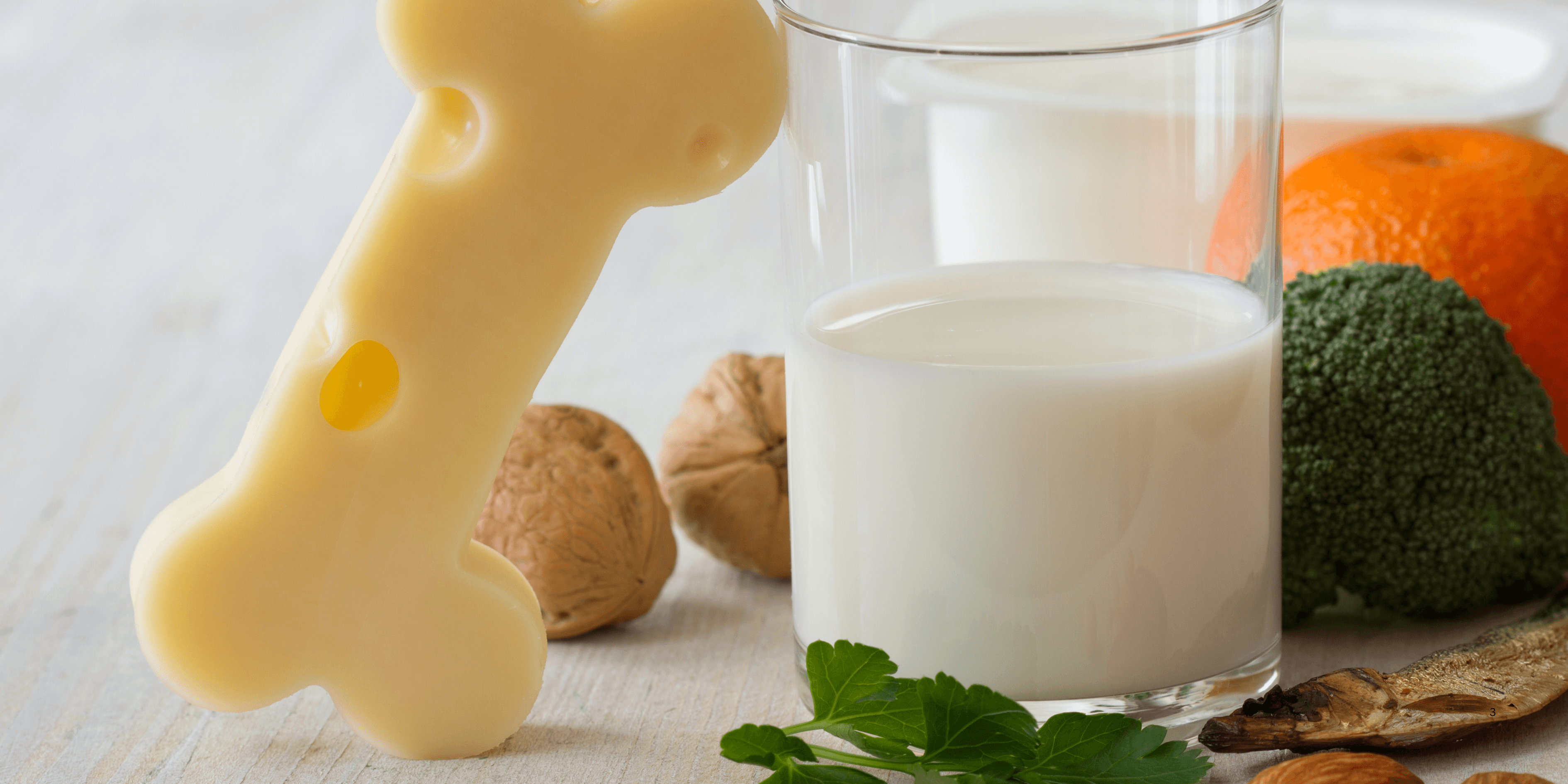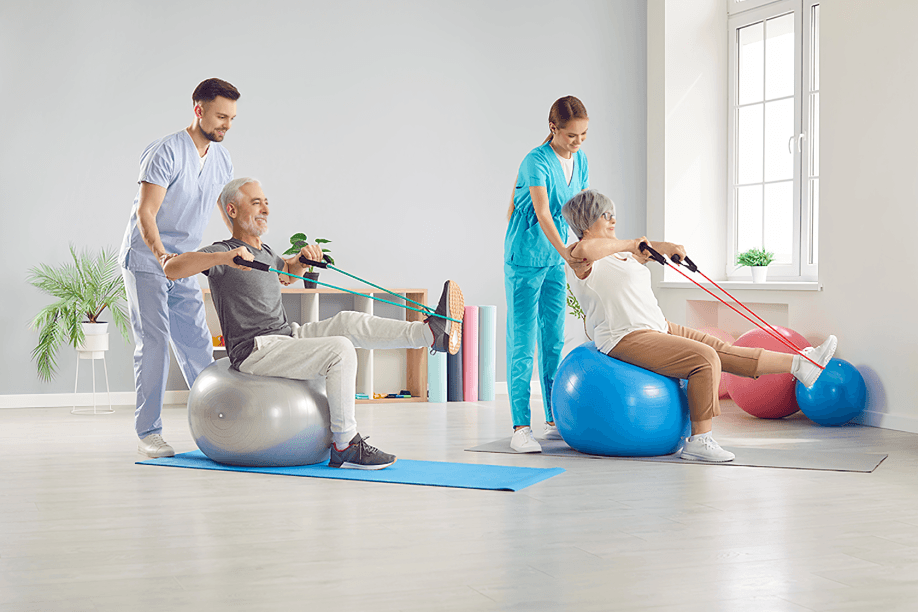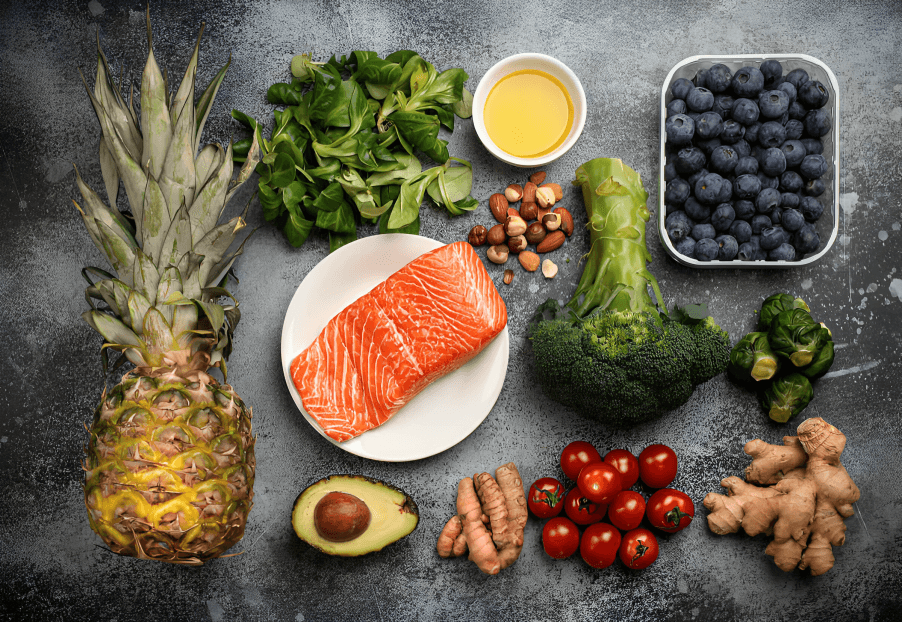
“
Maintaining bone health is essential for lifelong strength and mobility. Weak bones raise the risk of fractures, chronic pain, and conditions like osteoporosis. By focusing on keeping bones strong & preventing osteoporosis, we can reduce risks early and naturally. Whether you’re young or aging, these strategies protect bone density, prevent loss, and ensure a strong skeletal foundation for years. 1
1
1
1
”
Calcium remains the foundation for bone strength. Your body stores about 99% of its calcium in bones and teeth, and a consistent dietary intake helps prevent gradual bone thinning as you age. 1
Vitamin D helps your body absorb calcium effectively. Without enough sunlight exposure or supplementation, even a high-calcium diet won't fully protect bones from becoming brittle over time. 2

Weight-bearing activities like walking, jogging, and dancing increase bone density. They stimulate bone-forming cells and enhance skeletal strength in the hips, spine, and legs—areas most prone to fractures.
Protein plays a direct role in bone repair and structure. Eating enough lean meats, dairy, legumes, or plant-based proteins supports the bone matrix and reduces the risk of fragility. 3
Smoking reduces calcium absorption and decreases bone-forming cells. Studies show smokers have lower bone mass and higher fracture risks, especially in the spine and hips. 4
Excessive alcohol slows bone formation and affects hormone levels. It interferes with vitamin D function and calcium use, making bones more vulnerable to softening or fractures. 5
Magnesium helps convert vitamin D into its active form, promoting calcium absorption. Nuts, seeds, whole grains, and leafy greens are excellent sources that support bone mineralization. 6
A sedentary lifestyle weakens bones over time. Physical inactivity causes bone resorption to outpace bone formation, which leads to loss in density and greater osteoporosis risk. 7
Soda drinks contain phosphoric acid, which can disrupt calcium balance. Frequent soft drink consumption is linked to lower bone mineral density, especially if it replaces milk or healthy fluids. 8

Strength training with resistance bands or weights promotes muscle and bone interaction. These exercises apply tension on bones, signaling them to rebuild stronger over time.
Excessive salt intake increases calcium loss through urine. Diets high in sodium can slowly deplete calcium from bones unless balanced with plenty of potassium-rich fruits and vegetables. 9
Bone density peaks in your late twenties. Failing to build enough during youth can result in earlier bone weakness, so a healthy diet and exercise are especially critical before age 30. 10
Chronic diseases like diabetes and thyroid disorders negatively affect bone strength. They disrupt the hormonal balance necessary for bone renewal and increase the risk of osteoporosis. 11
Dairy products are among the richest sources of bioavailable calcium. Regular consumption of milk, yogurt, or cheese significantly contributes to daily calcium needs for adults and children. 12
Bones are living tissues that constantly break down and rebuild. This natural cycle is balanced when your lifestyle includes proper nutrition, hormones, and regular physical stimulation. 13

Anti-inflammatory foods like berries, fish, and olive oil support bone health. Chronic inflammation damages bone-forming cells, so managing it helps preserve density and structure.
Certain medications, including steroids and anticonvulsants, may reduce bone density. It’s essential to speak to your doctor about bone protection if you’re on long-term prescriptions. 14
Bone scans can detect early signs of osteoporosis before a fracture occurs. Routine screening after age 50, especially for women, helps monitor bone loss and apply preventive measures. 15
A Mediterranean-style diet rich in vegetables, legumes, whole grains, and fish supports stronger bones naturally. Its anti-inflammatory profile improves bone health beyond calcium and vitamin D alone. 16
Aristotle viewed the skeleton as the core of human strength and motion. Today, experts echo this by promoting lifelong habits for keeping bones strong & prevent osteoporosis through diet, and informed choices. 17


